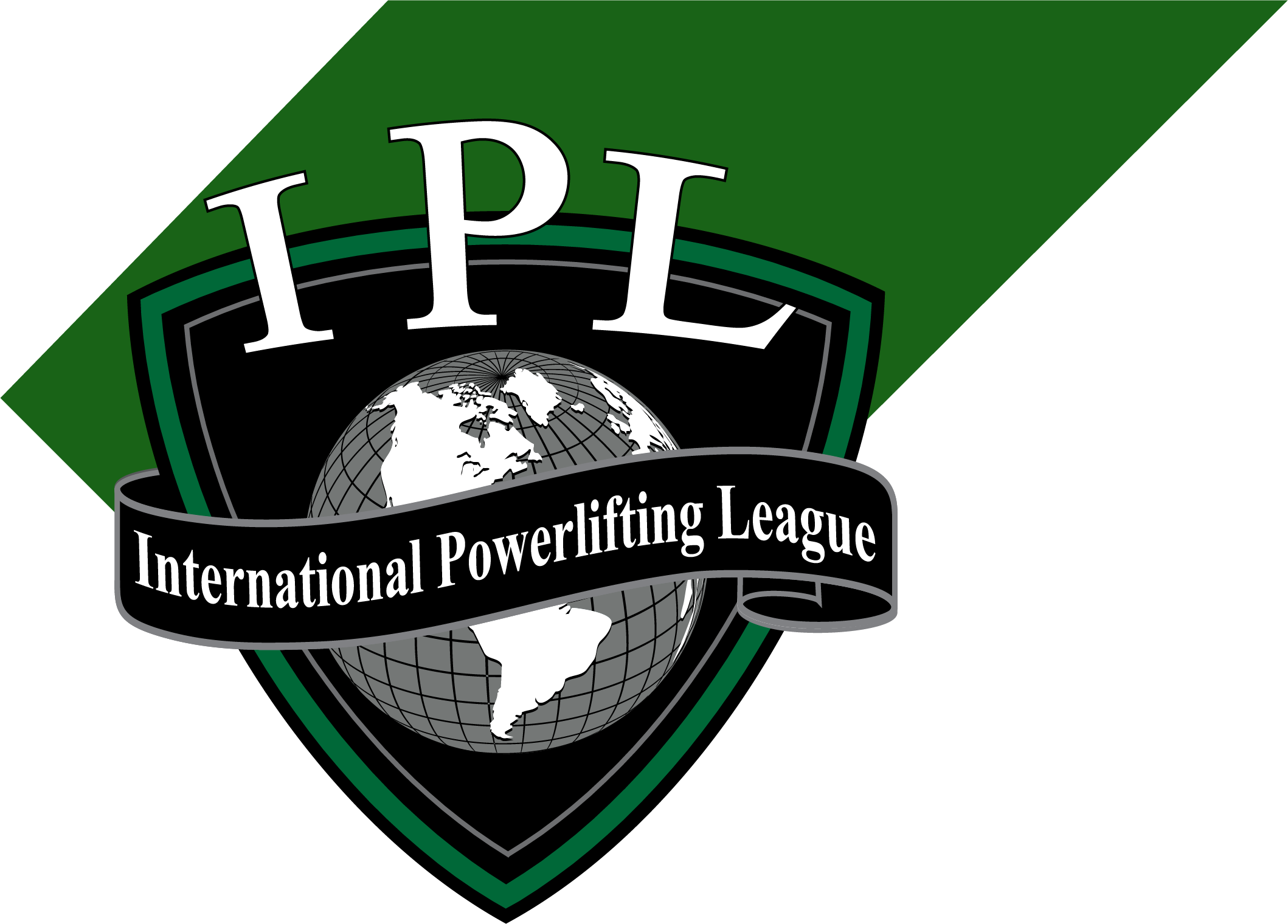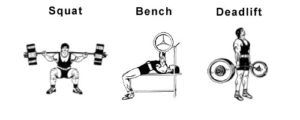Mission Statement
The International Powerlifting League (IPL) is a leading powerlifting organization with representation in several foreign countries. It is the mission of the IPL to provide a world-class international platform, affiliation opportunity, and governing body for affiliates across the globe.
The IPL is the governing body responsible for international powerlifting competitions and the management of International Referees, Affiliates, and World Records. The IPL provides tested and non-tested powerlifting competition of uniform high quality which is available to all athletes who meet the criteria for membership.
The IPL is a premier powerlifting federation created by lifters, with the goal of ensuring lifters are provided an opportunity and location of showcasing the result of their efforts in a safe and competitive environment. The IPL provides opportunities for a range of lifters from the beginner, to the elite level. Participate in an IPL event, “We Are the Leader.”
[contact-form-7 id=”60″]
Powerlifting vs Weightlifting
Distinct from weightlifting, a sport made up of two lifts: the Snatch and the Clean-and-Jerk, where the weight is lifted above the head. Powerlifting comprises three lifts: the Squat, Bench Press and Deadlift.
Athletes are categorized by sex, age and bodyweight. Each competitor is allowed three attempts at each lift, the best lift in each discipline being added to their total. The lifter with the highest total is the winner. In cases where two or more lifters achieve the same total, the person with the lightest bodyweight wins.
The International Powerlifting League (IPL) recognizes the following:
1.1.1 All “three-lift competitions” must include and be performed in the sequence of the Squat, then Bench Press, and concluding with the Deadlift.
1.1.2. Competition takes place between lifters in categories defined by gender, bodyweight and age.
1.1.3. The rules apply to all levels of competition – Regional, National or World.
1.1.4. Each competitor is allowed three attempts on each lift. Any exceptions are explained in the appropriate section of the rulebook. The lifter’s best valid attempt on each lift, disregarding any fourth attempts for record purposes, counts toward the competition Total.
1.1.5 The winner of a category shall be the lifter who achieves the highest total. The remaining lifters shall be ranked in descending order based upon total. Lifters failing to achieve a total are eliminated from the competition.
1.1.6 If two or more lifters achieve the same total, the lighter lifter ranks above the heavier lifter. If there is still a tie both lifters will be re-weighed immediately after the competition has ended and the lifter with the lighter body weight will be declared the winner.
1.1.7 Competitive lifting shall be restricted to competitor’s age 15 years and older. The lifter must have attained minimum age on the day of the competition. The following age categories are recognized by the IPL for both men and women:
Junior: 15-19
Junior: 20-23
Open: 15-80+
Master: 40 to 44, 45 to 49, 50 to 54, 55 to 59, 60 to 64, 65 to 69, 70 to 74, 75 to 79, 80 and older
The following weight classes are recognized by the IPL:
1.3.1 Mens’ Weight Classes
52.0 kg
56.0 kg
60.0 kg
67.5 kg
75.0 kg
82.5 kg
90.0 kg
100.0 kg
110.0 kg
125.0 kg
140.0 kg
140.0+kg (SHW)
1.3.2 Womens’ Weight Classes
44.0 kg
48.0 kg
52.0 kg
56.0 kg
60.0 kg
67.5 kg
75.0 kg
82.5 kg
90.0 kg
90.0+kg (SHW)
1.4.1 Lifters, administrators, referees’, committee members and other contest officials participating in IPL sanctioned competitions, national meetings and any other form of official IPL business must maintain current IPL registration through their respective IPL affiliate country.
1.4.2 Competition is restricted to the minimum age of 15, with no maximum age limit. Youth lifters younger than 15 may lift in IPL sanctioned meets as guest lifters, with prior approval, if their parent or guardian has signed a waiver form. They will not be able to establish records or receive awards.
1.4.3 All lifters must show proper identification (Driver’s license, passport or school ID) and their National membership card at the time of weigh-ins.
1.4.4 Annual IPL membership registration will cover the period of 12 months from the date of issue. IPL membership must be obtained through the lifters respective IPL affiliate country.
1.7.1 Upon registration, lifters (via their residence mailing address) will designate the specific Country they will represent when competing in competitions. A lifter who is registered in one Country during the year and then moves to another Country has the options of maintaining the original Country residency registration, competing in that countries’ championships and qualifying for regional records until December 31 of that year. If the lifter chooses to compete in the National championships of his or her new Country location, the lifter must notify the IPL affiliate country national office with their new mailing address listing the new National residency. The lifter will receive a new registration card with the new address at no additional charge, and will then be able to compete in the National championships of the new location, as well as qualify for setting National records in that country. A lifter may compete in only one Countries’ National championship per year for records purposes.
1.7.2 Lifters may not simultaneously set records in two different Countries. If a lifter does re-register,
he/she could hold records in two different Countries that were set during different meets.
![]() The following excerpts were taken from the IPL Rulebook. This is only a sample. In all instances, the IPL Rulebook is the official guiding document of the IPL.
The following excerpts were taken from the IPL Rulebook. This is only a sample. In all instances, the IPL Rulebook is the official guiding document of the IPL.



